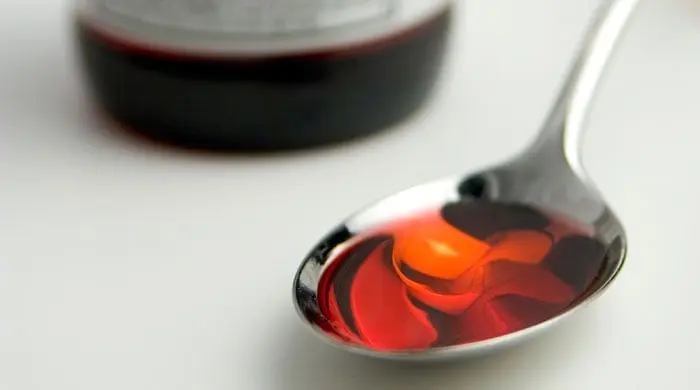Be Educated About your Medication
Whether they are bought off the pharmacy shelf or prescribed by your doctor, all medications carry some degree of risk – and when you combine over-the-counter (OTC) medication, including alternative, herbal or “natural” products together or with prescription medications, you may unknowingly be putting yourself at risk of experiencing some potentially serious side effects or overdose.
Do Not Double the Dose
Many people rely on OTC cough and cold syrups to feel better when they have a cold. However, some of these products may contain the same active ingredient as certain prescription or OTC pain medications that you may already be taking. You could be doubling the dose of that active ingredient without even knowing it!
Read and follow all directions
Do not combine products containing any of the same medicinal ingredients. Do not take more than the recommended single and maximum daily dose of a product.
Talk to your Healthcare Professional
Before you take two or more medications at the same time, talk to your doctor, pharmacist or other healthcare professional. They know exactly how medications interact with one another and, knowing your health history, they can predict how combining certain medications might affect you.
Be Aware of What’s in your Medication
Multiple medications, multiple risks
Make sure to check the labels of all medications you are taking. Many medications contain the same active ingredient, and you want to avoid taking more than the recommended dose. For example, in addition to other medicinal ingredients, some BENYLIN® products also contain acetaminophen (middle section of the graph), which is the active ingredient in TYLENOL®:
Some Common Medications that Contain Acetaminophen and other Cough and Cold ingredients
BENYLIN®
TYLENOL®
BENADRYL®Total
NEOCITRAN®
ROBAXACET®
VICKS DAYQUIL®
VICKS NYQUIL®
BUCKLEY’S®
DIMETAPP®
DRISTAN®
MIDOL®
SUDAFED®
SINUTAB®
Pharmacy Brands/Private Label Brands
TRAMACET®
PERCOCET®
TYLENOL®with Codeine (e.g. TYLENOL®No. 1, TYLENOL®No. 2, etc.)
Generic prescription drugs
NOTE: This is NOT a complete list. There could potentially be other prescription and nonprescription medications that contain acetaminophen as an active medicinal ingredient. Also, some brands listed have other products that do not contain acetaminophen. Ask your doctor or pharmacist if you are unsure if your medication contains acetaminophen. Remember to always read and follow the label.
How to Know if the Medication you are Taking Contains Acetaminophen
It is important to read the product label every time you purchase OTC medication, even if you have used it before. Formulations can change over time, which can affect how the product works or how much you should take. Never assume a product is the same as the last one you bought.
The product label includes the carton, bottle label and sometimes a package insert. It provides a brief summary of the most important things you should know about the medication before you use it. Look for the word “acetaminophen” or the letters “APAP”, the abbreviation sometimes used for acetaminophen, on OTC and prescription medication labels.
Remember to compare the labels if you are taking two or more OTC medications so that you will not double up on active ingredients or taking two or more medications together that shouldn’t be taken together.
If you are ever in doubt about what ingredients are contained in your medication or are unsure if the ingredients are right for you, ask your doctor or pharmacist.
What should you do if you think you have taken an overdose of acetaminophen or another active ingredient?
An overdose of acetaminophen may result in severe or possibly fatal liver damage. An overdose of other cough and cold active ingredients may also cause serious harm. If you think you have taken an overdose of acetaminophen or another ingredient – get medical help or contact a poison control centre right away. Quick medical attention is critical for adults as well as for children who have taken more than the recommended dose– even if you do not notice any signs or symptoms, such as increased sweating, nausea, vomiting, stomach pain, and loss of appetite.
